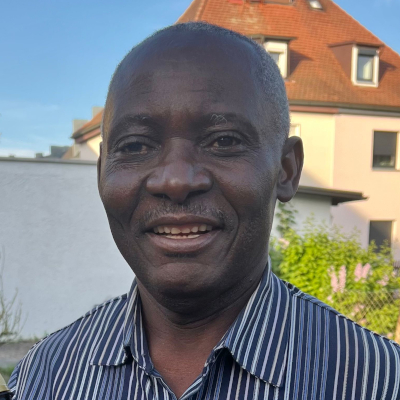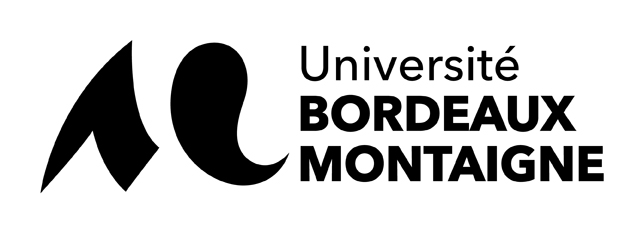Guest Scholars

© MIASA (2022)
Dr Lamine Doumbia
Mali
Guest Scholar for the first cohort (2021)
The European International Master African Studies is one of the most innovative and interdisciplinary Master degree progamme based in three central European universities (University of Bayreuth, University of Porto and the University of Bordeaux). I had the privilege to follow EIMAS at its conception and as guest scholar I was honored to offer a seminar on the partition of Africa – the Scramble for Africa from a Social Anthropological perspective to the cohort of 2020 - 2022.
EIMAS possess a wide spectrum of expert in African Studies i.e. within the advisory board, the academic staff, the executive committee, the associated partners in Africa and its diaspora, etc. This is an excellent asset that absolutely enhances the quality not only of the curriculum and modules but also the selection and training of the students every year. Another asset of this programme is the relevant focus on mobility and academic and professional exchange for the members.
EIMAS is open to diverse young scholars with different objectives and interests in Africa studies (Academic research, Development Studies, Diplomacy and international relations, Politics, etc.). Some of the first EIMAS scholars are writing their doctoral thesis in elite programmes of African Studies such as Bayreuth International Graduate School of African Studies (BIGSAS). Others a doing very interesting jobs around the world outside academia.
Therefore, I am proud to recommend you, who are thinking to join this great endeavor, to apply for this prestigious Master degree programme.

Prof Dr Sati Fwatshak
Nigeria
Guest Scholar for the fourth cohort (2024)
Mentoring a group of young, talented, motivated, and goal-oriented students in the EIMAS’ fourth cohort was a wonderful, and indeed, exciting experience for me. The interdisciplinary nature of the programme, the global formation, as well as the small size of the cohort made my experience intriguing and exciting.
Let me comment briefly on the points I have made. Speaking about my wonderful and exciting experience with the cohort; I must say that the students sufficiently demonstrated willingness to learn and to share their knowledge. Paying maximum attention and contributing to discussions on topics taught evinced their motivation, team spirit, and goal orientation. Performing assigned tasks and sharing experiences/lessons learned evinced talent and the quest for achievement. Beyond these was my observation of the cohort as one well-bonded in brotherly/sisterly affection as if members were sibling.
The interdisciplinary nature of the programme was indeed another important point of excitement. I have worked with multidisciplinary cohorts before in the African Humanities Programme sponsored by the Carnegie Corporation of New York. However, that model was different. It was not a teaching model but a book proposal and grant competition model. The EIMAS model provides a framework for mentoring students with interest in African studies in a teaching model. Herein lies another effective mode of demonstrating the commonalities in the humanities, which are drummed more in theoretical discourses than in practice.
Drawing the cohort from across the globe was another fascinating experience for me. The university is a global space, but the EIMAS’ deliberate choice of competitive applicants across the globe is, for me, a unique brand of building global peace and understanding in a word of diversity through training the younger generation together in cohorts.
By focusing on African studies, the EIMAS program contributes to understanding African peoples and their achievements and failures, as well as framing policies that can make the continent work.
The EIMAS programme, is therefore, a worthy one and highly recommended for persons willing to explore the commonalities in the humanities in intellectual and problem-solving endeavours and investing their time in highlighting African affairs.


